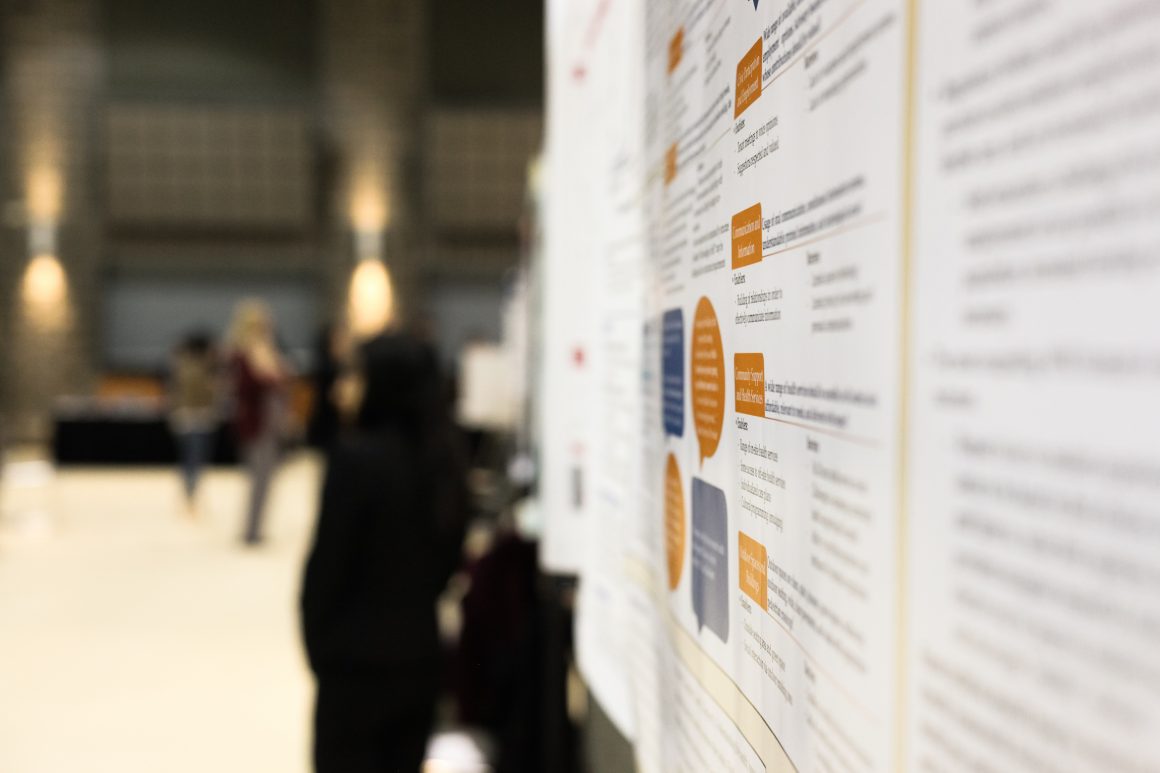
Science writing: Available but not accessible
By Ishita Moghe, January 27 2020—
In an open-book world where any piece of information you could possibly want is just a Google search away, why do most people rely on press stories to inform them of advances and issues in science? There are many factors involved in the answer to this question, but a critical one is the inaccessibility of scientific papers. For example, I was recently interested in a paper about unidentified objects orbiting a black hole in our galaxy. Here are a few introductory sentences in the abstract:
“These objects are unresolved (having a size of the order of 100 astronomical units, except at periapse, where the tidal interaction with the black hole stretches them along the orbit) and they show both thermal dust emission and line emission from ionized gas. [Objects] G1 and G2 have generated attention because they appear to be tidally interacting with the supermassive Galactic black hole, possibly enhancing its accretion activity.”
As interested as I was in the topic, the language just wasn’t accessible to someone from outside the field — a common problem that obstructs the transfer of information straight from the source. While the availability of knowledge continues improving on a large scale, the accessibility of scientific writing is declining. Authors seem determined to create more jargon-filled niche-specific content that only those with years of experience in a specific subfield can understand. In addition to the in-group jargon we often see in science, the common-word jargon seems to be just as prevalent — think overused words like ‘distinct,’ ‘furthermore’ and ‘robust.’ While not necessarily difficult to understand for the average reader, the addition of unnecessary power words only makes the paper more mentally draining to read.
Science writing in the 21st century seems to be catered specifically for fellow researchers already well-versed in the topic, essentially making it an echo chamber for that group. Although the central principle of scientific papers is to transfer knowledge to the curious reader, the current practice of making papers as stringent and formal as possible creates a disconnect between researchers and the general public. This void is usually filled by the media, which tends to exaggerate and sensationalize scientific findings. The decreasing readability of science is distancing the public from real scientific data, causing many people to rely solely on press sources for scientific news. While this isn’t inherently bad, the fact remains that reading science news straight from the source isn’t even an option for many people, simply based on the amount of time it would take to decipher the overly-convoluted language, sometimes called ‘science-ese.’
A 2017 study that analyzed over 700,000 papers found that the readability of science publications has steadily decreased from 1881 to 2015. Another study showed that the abstract sections of scientific papers tend to be far more difficult to read than the full documents. Considering that most readers tend to use the abstract to judge whether the full paper is worth reading, this could be a critical factor limiting the number of readers from outside the field. Alternate approaches to the classic scientific paper are starting to appear, including making use of visual aids to illustrate the often difficult-to-interpret methods. Some journals and conferences have started requiring graphical or visual abstracts to present the main findings of each study.
Though it is understandable that authors tend to write for an audience of fellow researchers, the current model of science dissemination causes huge knowledge gaps for the average reader. The true mark of scientific understanding is the ability to explain complex concepts to someone from outside of your field of research — this concept is taught to students and should be observed in papers as well. With some journals already making strides with their requirements for lay abstracts, I hope that the next decade of science will strive for free access to anyone with a curious mind.
This article is part of our Opinions section and does not necessarily reflect the views of the Gauntlet’s editorial board.
